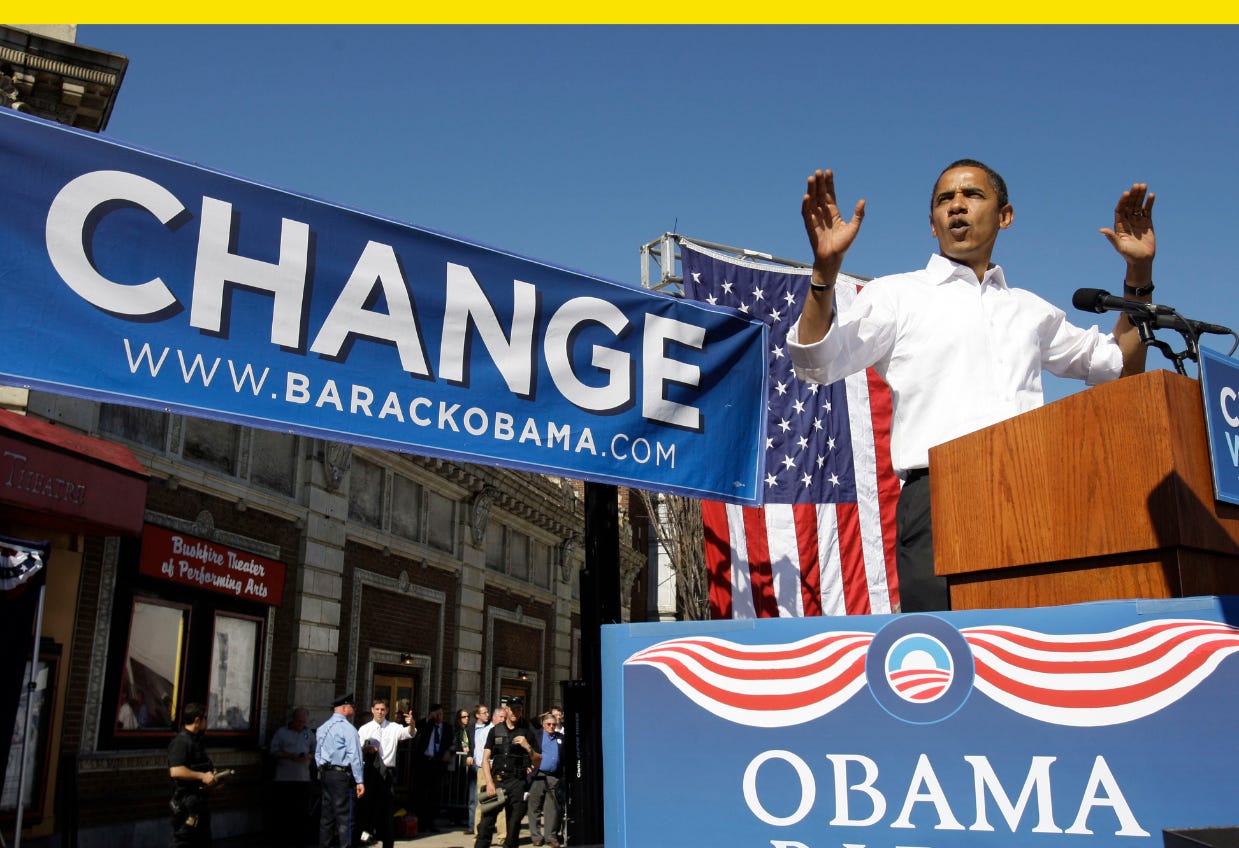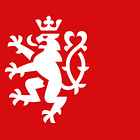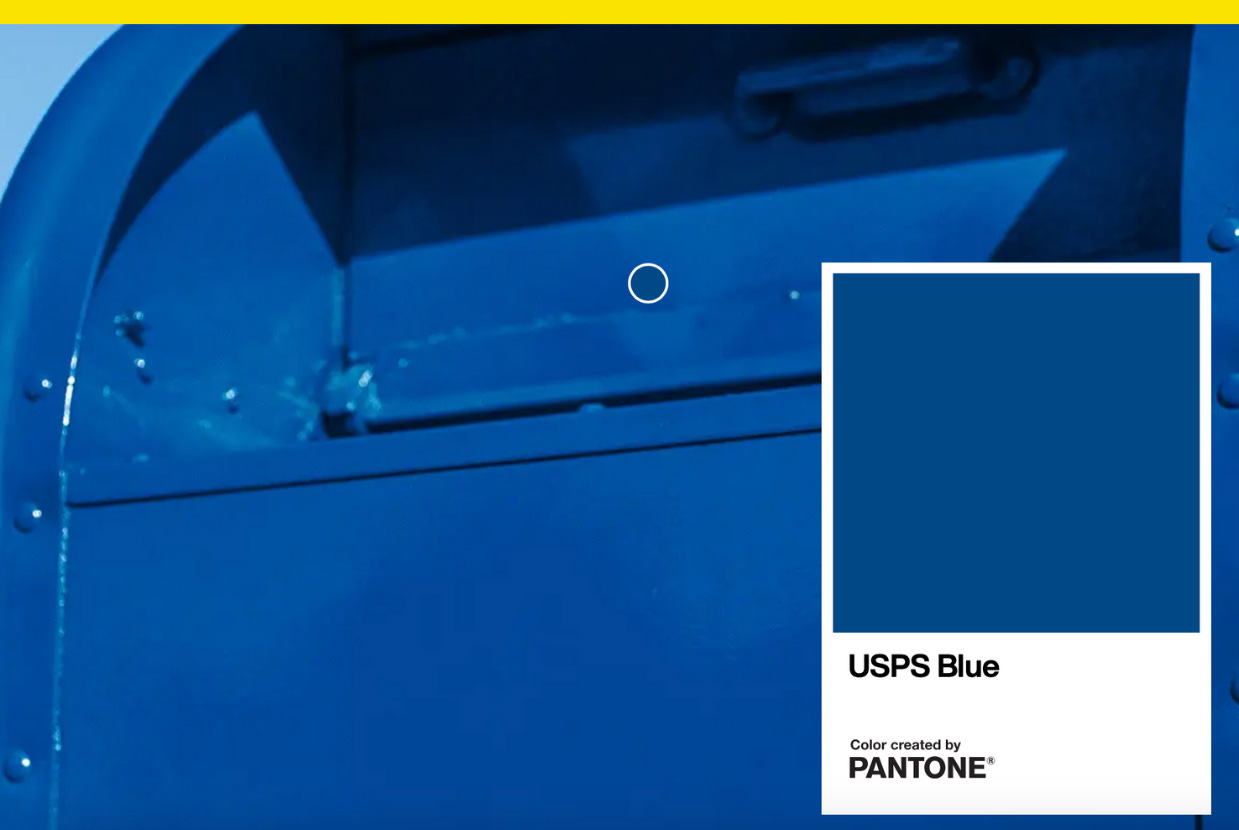Want to win an election? Try one of these 8 words.
Plus: Pantone made a color palette for America’s favorite government agency
Want to win an election? Try one of these 8 words.

What makes a good political slogan?After looking through more than 20,000 campaign slogans from around the world and analyzing them for factors like historical context and election outcome, political consultant Chris Bruni-Lowe and his research team found eight words that appear most frequently around the world in winning campaigns no matter the place or party: People, Change, Democracy, Strong, Together, New, Time, and Better.
“My research team and I spent a few years going country by country through all the slogans, documenting them, who used them, and the election outcome,” Bruni-Lowe, who’s worked for parties including UKIP and the Conservatives in the U.K., tells me in an email. The eight words, which he says showed up the most in the results, “act as emotional shortcuts and tap into universal themes that transcend geography or ideology,” he says, since voters know instinctively what they mean without needing a detailed policy document.
They’re positive and forward-looking words, or words that reference community or something shared. In other words, the building blocks of rhetoric that’s optimistic, visionary, and inclusive. What they’re not is a one-size-fits-all cheat sheet since political consultants can’t simply mix and match them like magnetic words on a fridge and make it work. Politics, after all, is an art, not a science, and success depends on context. In his new book Eight Words That Changed the World: A Modern History of the Election Slogan, Bruni-Lowe shows how campaigns have leveraged these words for electoral victory.
“If the campaign is the book, the slogan acts as the title,” Bruni-Lowe says, and while not every successful slogan uses one of the eight words, like “Make America Great Again” or “Get Brexit Done,” he says all successful slogans have four things in common: 1. they reflect the mood of the moment, 2. they align authentically with the candidate, 3. they’re emotionally resonant but strategically precise, and 4. they’re easy to remember and repeat.
Bruni-Lowe says he noticed some variations in slogans by country. “U.S. slogans often display greater individual branding,” he says. “They are more tied to the personality of the candidate than in many other countries. For example, ‘MAGA’ became not just a slogan but a political ideology. In contrast, European slogans tend to be more policy- or party-oriented, mainly due to the predominantly multi-arty nature of these democracies.” And the word “strong” has different connotations in places like Scandinavia compared to the U.S. or Eastern Europe.
If there’s a takeaway from the resonance of the words People, Change, Democracy, Strong, Together, New, Time, and Better, it might be in Bruni-Lowe’s ninth word, Future, which came far behind the rest but sums them all up.
“Every election campaign is essentially about trying to sell a future that a politician promises a country even if they don’t use the word future explicitly,” he says. “They might speak of ‘change,’ or something ‘new,’ or society being ‘together,’ but what they are really talking about is ‘tomorrow.’”
Previously in Yello:




